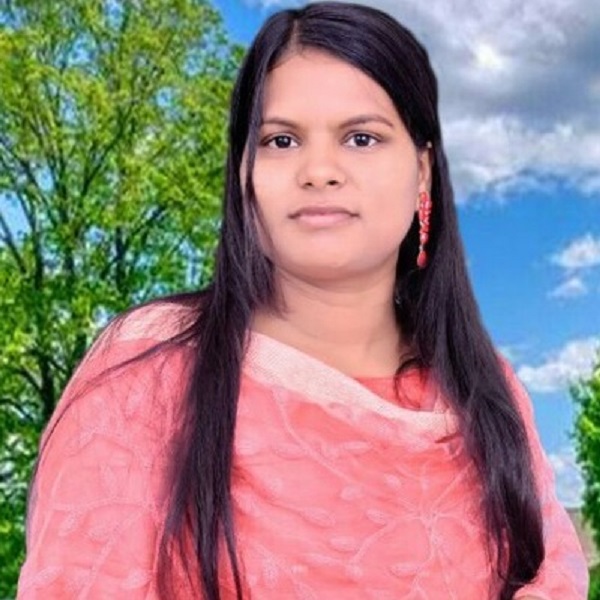Key Person Details

Ms. Bandana Choudhary
A post-graduate in Economics and Political Science, Bandana Choudhary is a visionary thinker developing post-capitalist models rooted in cosmic order and ecological balance. Her work redefines wealth as alignment, not extraction, offering systemic alternatives to today’s unsustainable paradigms.
In addition to her groundbreaking work on alternate economic paradigms, she is also the author of ‘Kam ki Baat’, a significant book focusing on land, water, and forest, further adding to her accolades.
With a passion for transformative ideas, Bandana continues to contribute to academic and policy discussions, shaping the future of economic sustainability and environmental harmony. As a publisher and writer, she curates transformative ideas, challenging mainstream narratives while offering actionable, consciousness-rooted solutions.
- 📖 Alternate Economy – Natural Systematic Economy: Post-capitalist frameworks where economics harmonizes—restoring wealth as ecological and ethical flow.
- 📖 काम की बात (Kaam Ki Baat): Environmental collapse framed as a crisis of displaced Dharma—reviving nature’s sacred contract.
As a writer
- Mita – Lifestyle Agenda:Anti-consumerist living models that realign human action with Dharmic equilibrium.
- Divincracy (Inspired by Hind Swaraj): Governance reimagined: authority as ethical sovereignty, where power flows from Dharma, not coercion.
- Dharyate Iti Dharma (Inspired by Tao Te Ching): Dharma decoded—nature’s autopoietic algorithm—the self-sustaining order in ecology, society, and consciousness.
- Paraanjali (Inspired by Gitanjali): Poetic meditations on consciousness as the foundation of systemic transformation.
- Global Order in the Eyes of India: A Sanātani critique of Westphalian systems, proposing Dharmic alternatives to global governance.
- Something on Religion and Related Issues: The intersection of faith, economics, and governance—how religion shapes (and distorts) modernity.
Key Contributions & Publications
- Dharmic Systems – Where economy, ecology, and ethics are inseparable.
- Anti-Extractive Models – Wealth redefined as circulatory, not accumulative.
- Civilizational Alternatives – Beyond Westphalian states and consumerist traps.